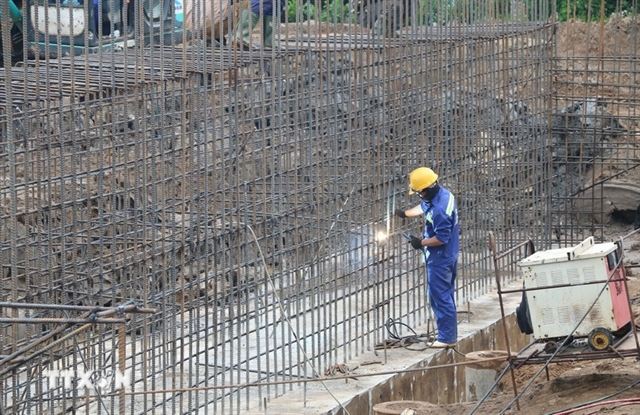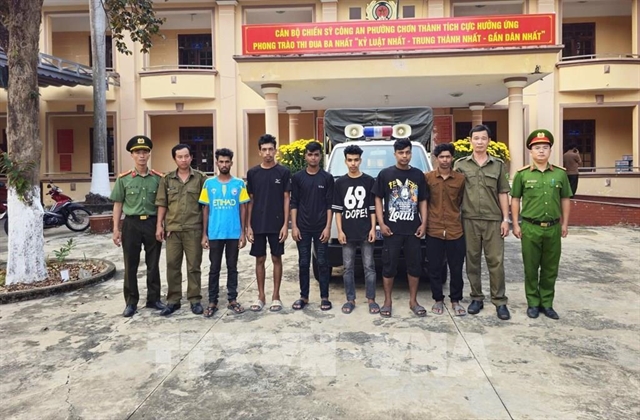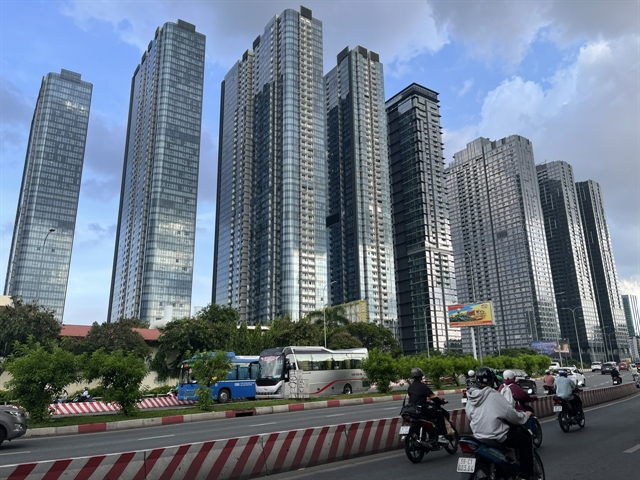 Economy
Economy
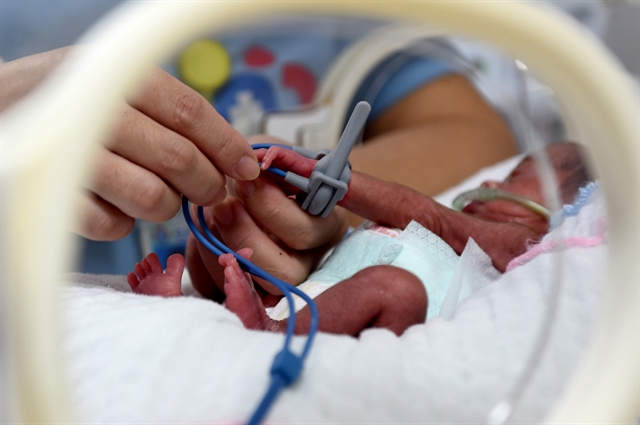
Industrial production in HCM City has not been affected since a two-week social distancing period began on May 31 to curb the spread of COVID-19.
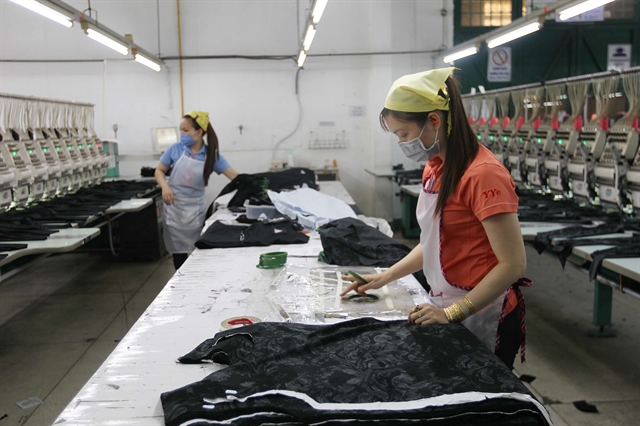
|
| Workers at an embroidery factory in HCM City. VNA/VNS Photo Thanh Vũ |
HCM CITY — Industrial production in HCM City has not been affected since a two-week social distancing period began on May 31 to curb the spread of COVID-19.
Gò Vấp District and Thạnh Lộc Ward in District 12, which had reported the highest number of cases, are under stricter social distancing measures with the Government’s Directive 16 in force than the rest of the city.
Bình Hòa Garment Co. Ltd. in Gò Vấp remains open despite difficulties in transporting materials and products in and out of the district.
Phan Thanh Tuấn, deputy director of the company, told the Vietnam News Agency that most of its workers reside in Gò Vấp, where medical checkpoints have been set up to monitor people entering and exiting.
The company had to contact local authorities to get entry permits for more than 10 workers living outside the district, he said.
Since transport of input materials to the factory and finished products in the opposite direction is not allowed through the checkpoints, three-wheel vehicles are used between then and the factory, he said.
Phạm Lưu Đức, chairman of the District 12 Enterprises Association, said manufacturing companies are struggling to maintain operation with declining orders and problems facing goods delivery due to travel restrictions.
Manufacturers of consumer products keep production going to retain their buyers and strategic partners, he said.
Companies have adopted safety measures to protect their workers, including physical distancing, use of face covering and working in shifts.
But some companies in Thạnh Lộc Ward have suspended operations since workers quit jobs due to health concerns and quarantine orders, Đức said.
The HCM City Union of Business Associations said if the social distancing period is extended, manufacturers could find it hard to sustain production because of the difficulty in the transport of raw materials.
Thành Công Textile Garment Investment Trading JSC has its 7,500-odd workers now working in two work shifts between 5am and 10 pm instead of the earlier single shift from 8am to 5 pm.
Trần Như Tùng, its chairman, said it has to incur higher costs than normal to keep operating and take safety measures. —VNS



